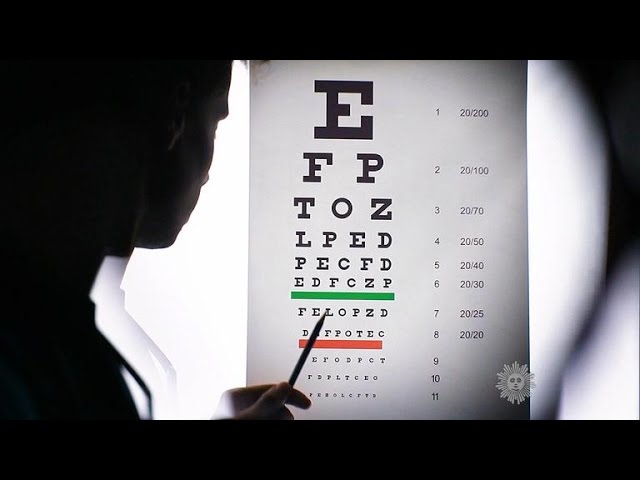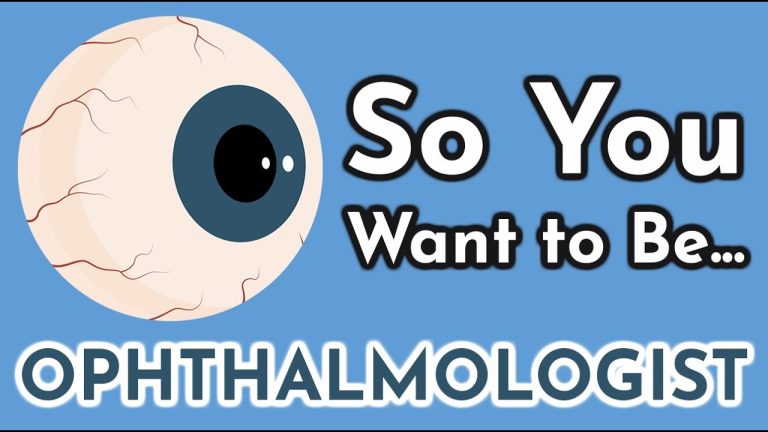Exploring the Importance of a Clear Visual Field: Tips for Maintaining Optimal Vision
In the world of optometry, understanding the visual field is important for diagnosis and treatment of numerous visual impairments. The visual field refers to the range of sight that the eyes can see while looking straight ahead, without moving the eyes. It is a critical aspect of the visual experience and helps people to interpret their environment.
The visual field can be divided into two categories: central vision and peripheral vision. Central vision is what the eyes see directly in front, while peripheral vision is what the eyes see on the sides, above, and below. Any abnormalities in these areas can affect everyday life and even be debilitating, so it is essential for individuals to have regular eye exams and monitor any changes to their visual field.
Common Causes of Visual Field Loss
There is a multitude of causes that can result in visual field loss, such as neurological conditions like glaucoma and stroke, as well as physical damage to the eyes or brain. Glaucoma is a common condition that can result in the loss of peripheral vision. It is caused by damage to the optic nerve due to high intraocular pressure, and can lead to complete blindness if left untreated.
A stroke is another common cause of visual field loss, as it can damage the areas of the brain responsible for visual perception. Physical injuries to the head or eyes, such as blunt trauma or a retinal detachment, can also cause loss of vision in specific areas of the visual field.
Treatment and Management of Visual Field Loss
Depending on the cause and severity of visual field loss, there are several treatment options available. For glaucoma, early detection and management with medication or surgery can potentially prevent further vision loss.
In cases of neurological damage, rehabilitation may be used to help patients adapt to their visual field loss and learn new techniques for completing everyday tasks. In some instances, special glasses or vision aids may also be beneficial for individuals with visual field loss.
Conclusion
The visual field is a crucial aspect of the visual experience that can have a significant impact on an individual’s life. Monitoring changes to one’s visual field and seeking treatment early on can help prevent further vision loss and improve overall quality of life. Regular eye exams and consultations with eye care professionals are critical in maintaining optimal eye health and vision.
Sources:
- https://www.aao.org/eye-health/diseases/what-is-glaucoma
- https://www.healthline.com/health/stroke/visual-field-loss
- https://www.merckmanuals.com/professional/neurologic-disorders/symptoms-of-neurologic-disorders/visual-field-defects
Contents
Most wanted in Hoya Vision:
Hoya Lens Engravings
Which lens is better Alcon or Johnson and Johnson?
What’s the rarest eye color?
What brand lenses does Costco use?
Legacy Eye Care Llc
Hoya Sensity Vs Transitions Xtractive
Should eyeglasses cover eyebrows?
What’s the difference between 1.5 and 1.6 lenses?
What do you call glasses that turn dark in the sun?
Wide Corridor Progressive Lenses
















